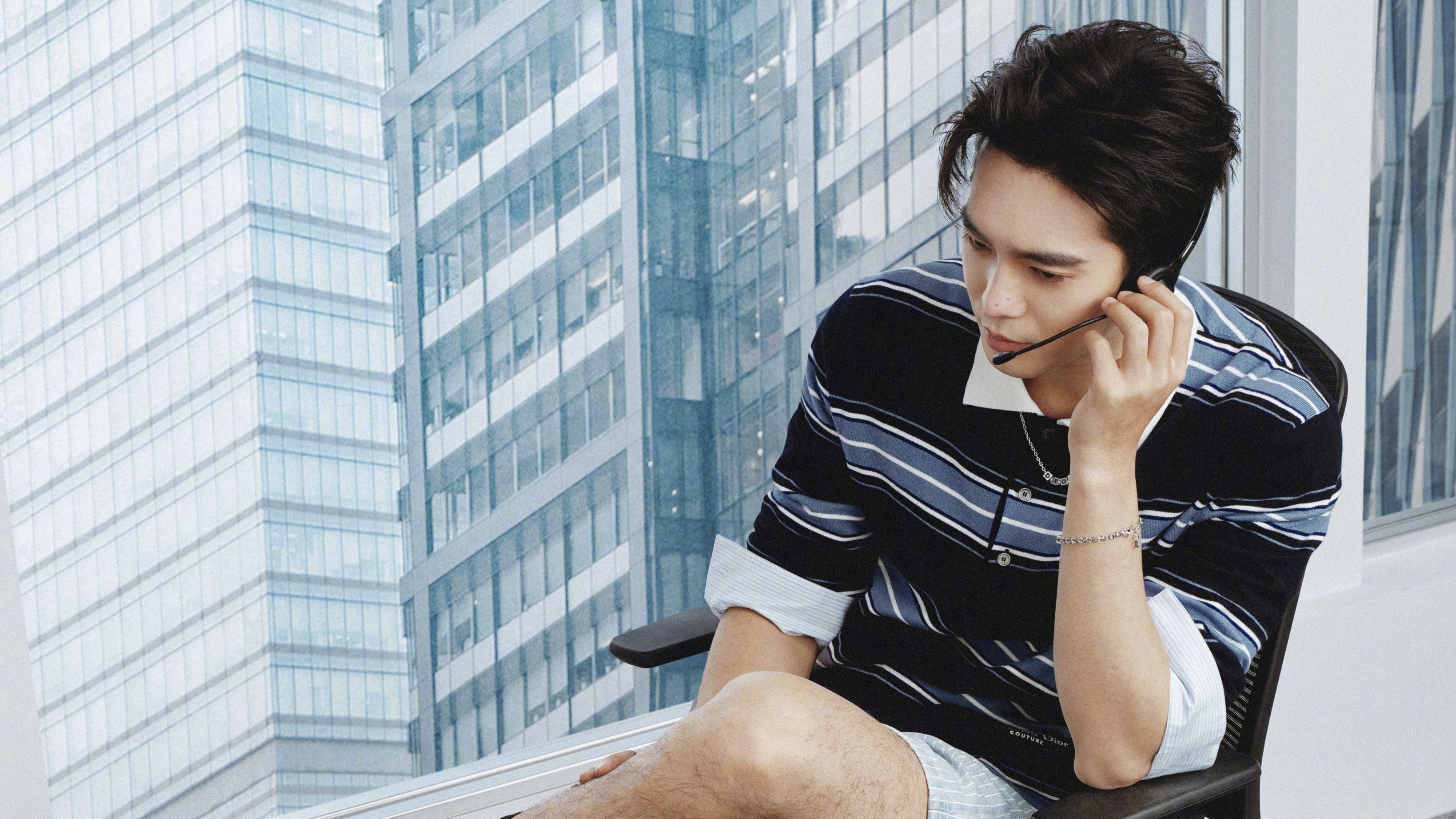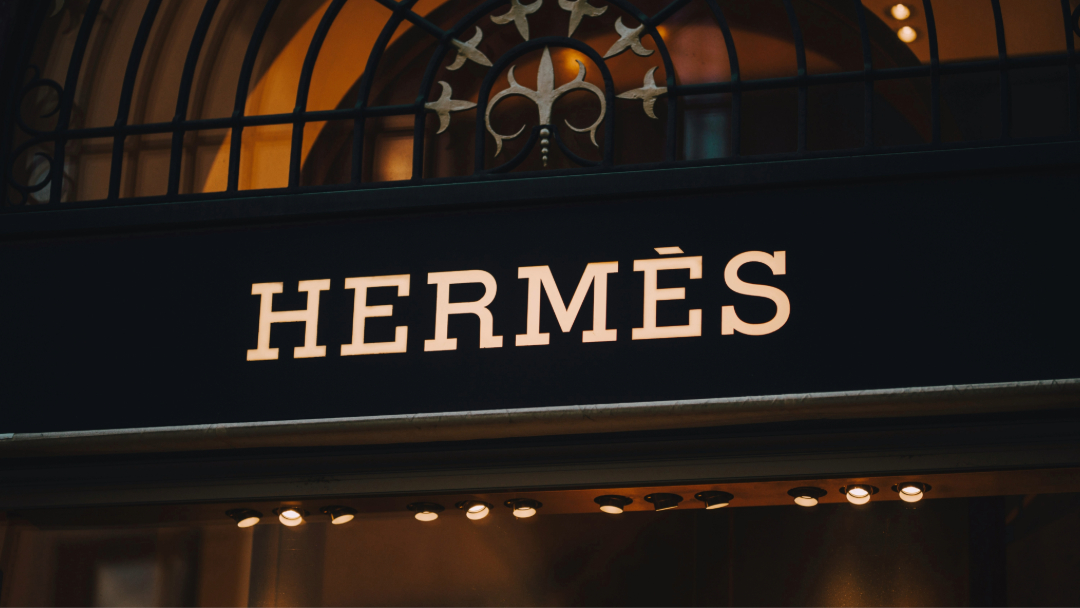The year 2015 propelled the luxury industry forward on sustainability. Now, looking at how luxury brands can tackle the topic in 2016, Positive Luxury’s CEO presents a snapshot of the company’s latest report.

“ C-suites are starting to realise that in order to keep creating value they must invest in sustainability performance ”
C-suites are starting to realise that in order to keep creating value and accelerating growth they must invest in and improve their sustainability performance, as well as how they communicate their positive impact.
Morgan Stanley, with its Institute for Sustainable Investing, is one group in particular aligns with this concept more than any other, millennials. This group is almost three times as likely to want to work for a company because of its social and environmental practices.
The demand from affluent millennials doesn’t stop at employment opportunities. 2015 saw millennials using their spending power more and more to buy into companies who positively impact society and the environment – in fact they are twice as likely to buy from brands with strong management of environmental and social issues.
“ All these changes have left luxury companies with no option but to improve ”
2015 was also the year governments and world leaders took action. Events such as the launch of the Sustainable Development Goals, COP 21, and the passing of the Modern Slavery Act, reflect a shift towards a world where creating, maintaining and growing companies with a positive social and environmental impact is increasingly a matter of legal obligation, as well as ethics.
All these changes have left luxury companies with no option but to improve, as the potential for sales and stocks to plummet increases and the hand of the law hangs over them. With that in mind, we are looking forward to 2016 and the trends that will help luxury companies continue on their sustainability journey.
New innovations, communication techniques and constant evaluations of how consumers view brands will allow companies to stay at the top of their game, in a world that demands socially and environmentally responsible brands and expects sustainability to be an integral part of the brand DNA.

While the incentive is clear for some luxury companies, Positive Luxury wanted to create a report that would look at how businesses can invest in social good and environmental responsibility, a contribution that is more important to the luxury industry than any other.
Raw material quality is critical in the creation of premium products, and many of these materials derive from ecological processes that can be easily disrupted by climate change. For this report, we interviewed CEOs, experts and analysts from the luxury industry to find the reasons why brands should, and can, invest in a sustainable business model.
“ 46% of CEOs agreed that climate change and resource scarcity will transform their business ”
Key insights that have derived from the report include:
• Luxury brands supply chains are at risk from scarcity, which will directly impact consistency in the quality of products: 46% of CEOs agreed that climate change and resource scarcity will transform their business
• Investors are looking to ESG (environmental, social and governance) criteria to evaluate their investments: 71% of individual investors are interested in sustainable investing
• More than three in four millennials prefer to pay for an experience than a product, and expect these experiences to be available from brands across all industries
• Economists are predicting a move from BRIC to MINT, and a new Big 10
• Consumers can see the power they have to make a difference; from the products they buy to the choices they make
• Big Data needs to be used a source for innovation, identifying breakthrough ideas and creating new markets
The Executive Summary is available to download via www.positiveluxury.com.
To further investigate luxury and sustainability on Luxury Society, we invite you to explore the related materials as follows:
– The Cost Of Sustainability For Luxury
– Luxury Fashion & The Great Fur Debate
– The Issue With Ethics, Fashion & Luxury










